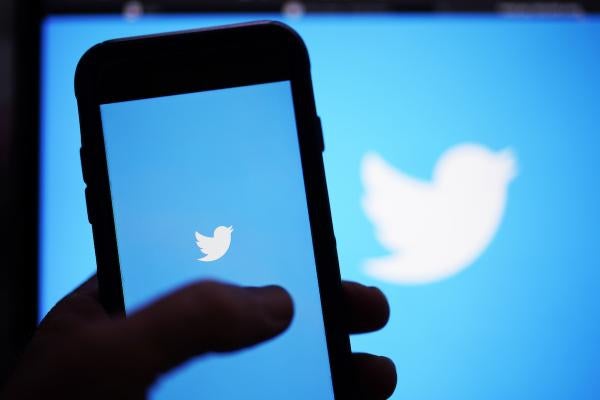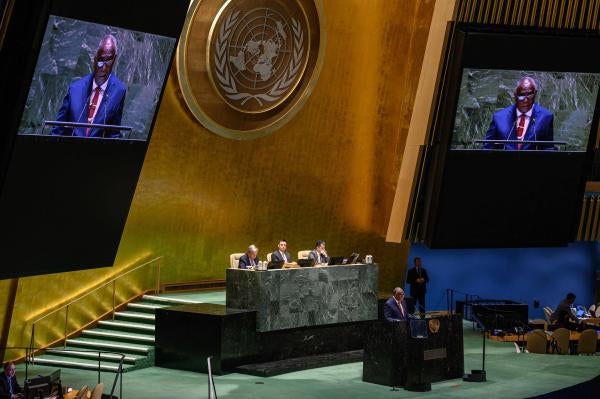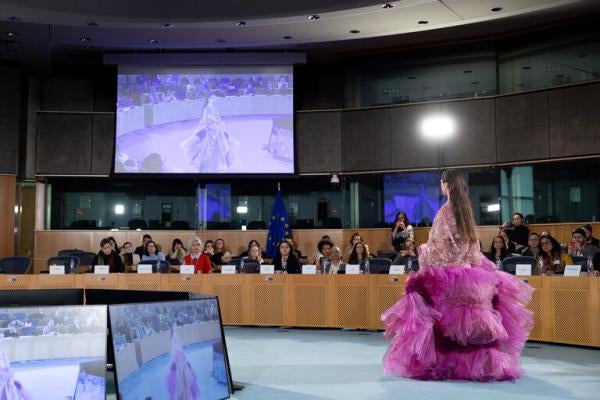First off, let’s get one thing straight: I don’t mind paying for things.
I don’t expect to get anything free in life, and I understand companies are there to make money. I happily hand my money to companies all the time for things I want or need: books delivered to my door, video streaming services, nifty computer gizmos…
But I am not going to pay for Twitter.
At least, not under the new terms set out by Twitter under Elon Musk.
The social media company has announced it will start winding down its legacy verification system starting tomorrow, April 1. For those less familiar with Twitter, this is all about the blue check mark, or tick, that appears next to some names on the platform.
The blue check used to mean something. Though not perfect, the system aspired to ensure the person “verified” was actually who they say they are. It was an important way for users to know who was saying what, and to avoid impersonation and misinformation.
From tomorrow, all this changes. Twitter will be requiring users to pay US$8 a month for their “Twitter Blue” service, to get a blue check – or just retain the one they have.
A blue tick goes from meaning, “I am who I say I am,” to simply, “someone – maybe me, maybe not me – paid 8 clams.”
Now, I would be willing to pay for a genuine verification service – but not for little status symbol that means nothing. Neither, at this point in time, will HRW, a position that many other NGOs seem to be taking as well.
More importantly, the new system will be “pay to play.” Those who haven’t coughed up the monthly fee will be at a disadvantage in Twitter’s algorithm.
This will be awful for those who can’t afford the new fees. It will damage the effectiveness of local activists, including human rights activists, who have long used Twitter for grassroots organizing.
I am not naive. Twitter, like all social media platforms, has had a lot of flaws.
For example, they never properly tackled online abuse and harassment, which targeted some people more than others. I received the occasional death threat on Twitter, but as research by groups like Glitch UK and Hate Aid show, things are far worse for anyone who doesn’t look like me.
Still, at its best, Twitter at least gave us a glimpse of what a true “digital public square” could be, a place I could go to hear the voices of those I’m most interested in.
Now, it risks becoming more like a pennysaver circular of micro-advertisers and every crackpot who has a loopy opinion and 8 bucks to spare.
Nope, I’m not paying for that.













